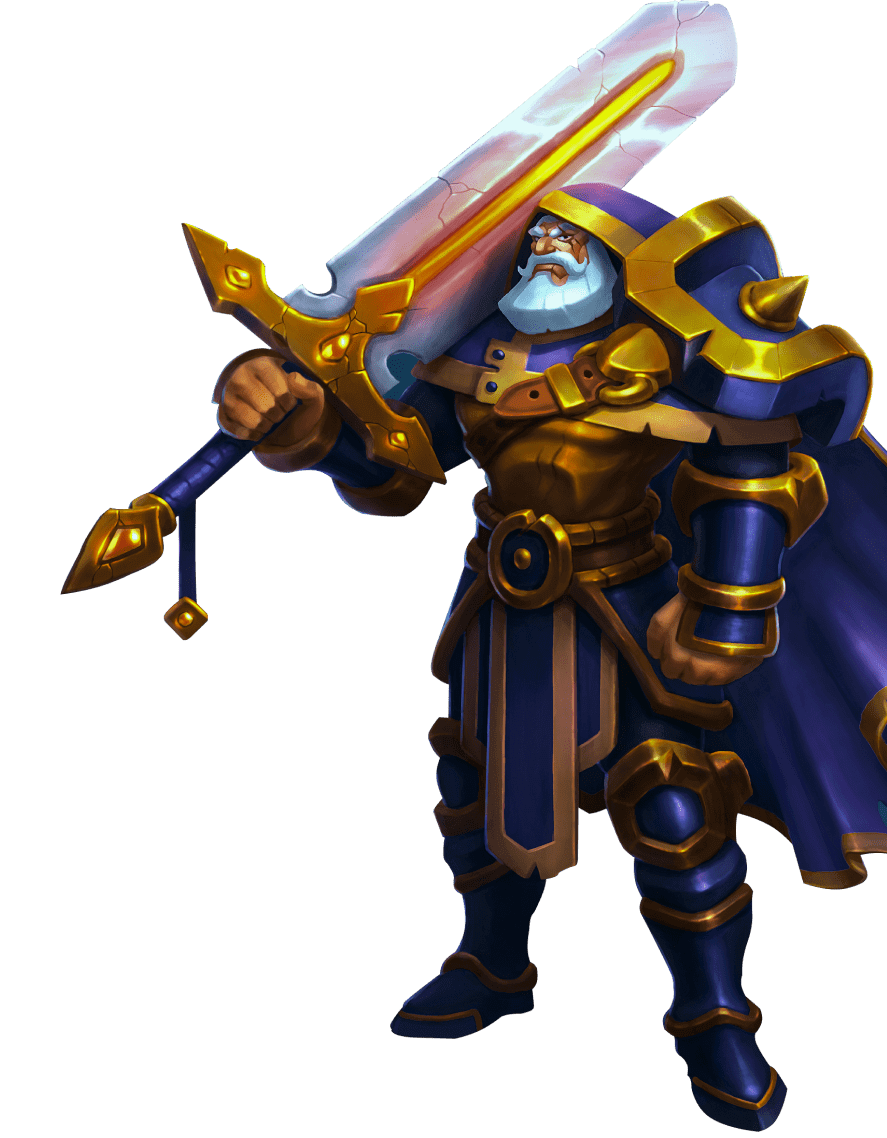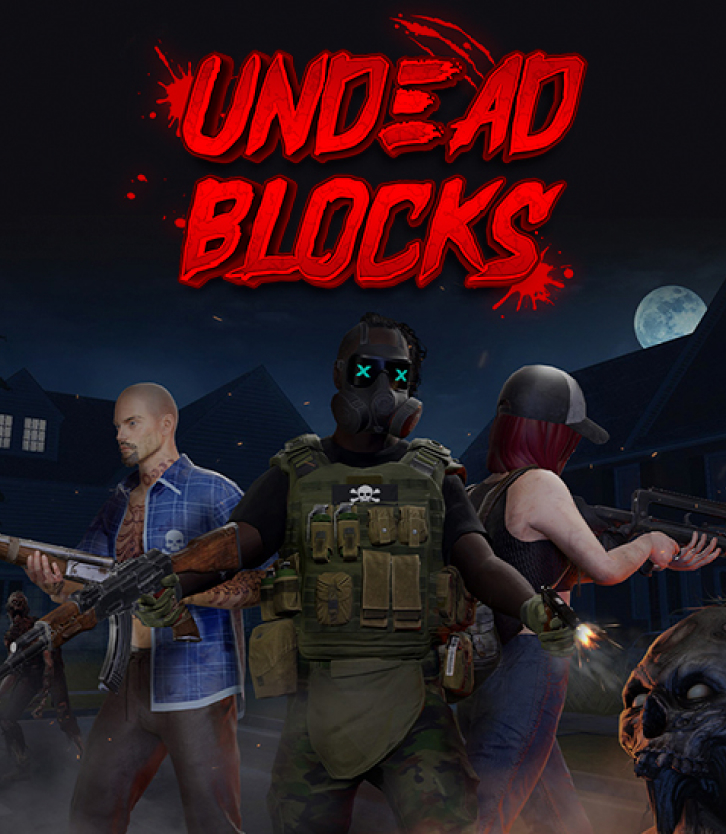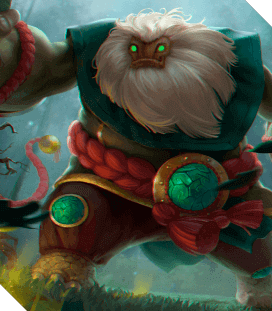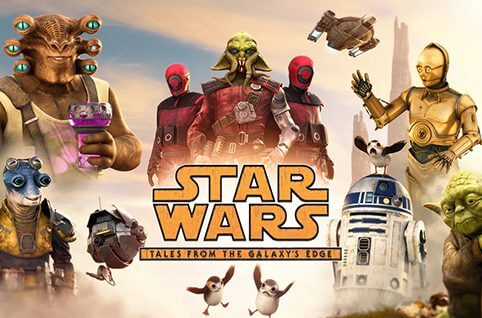Our Virtual Reality Game Development Services
Make the most of our VR game development services and receive a top-notch implementation of one of the most promising technologies to reap significant benefits for your business
Why Use VR in Game Development
While we could discuss the benefits and potential of VR game development at length – such as an enhanced gaming experience with physical activity, hands-free gameplay, personalized controls, heightened immersion, and individualized approaches – let's focus on the primary advantages.
-
Immersive Experience
One of the primary benefits of virtual reality game development is the ability to create an immersive experience for the user. With VR, players can feel like they're inside the game world and interact with it in a way that's more engaging, immersive, and realistic than traditional gaming.
-
Increased Engagement
VR games have the ability to keep players engaged for longer periods of time. This is due to the immersive experience and the fact that players are more likely to feel emotionally invested in the game world. Engagement is also a great tool to keep players wanting to play games like this.
-
New Game Mechanics
VR introduces new game mechanics that are not possible in traditional games. Players can physically move around and interact with objects, leading to new ways to solve puzzles or complete tasks. New mechanics mean a new level of interest and competitive advantage.
-
Marketing and Branding
The use of VR in game development can be a powerful marketing tool for game developers. By creating immersive and unique experiences, developers can attract attention to their games and create a strong brand identity that will stand out and be associated with a new gaming experience.
Our Fundamental Benefits in VR Game Development
Our expertise in virtual reality game design is reinforced by our firm understanding of the ideal tool for VR game development, Unity, and our extensive portfolio of successfully completed VR projects for clients worldwide.
Quick Facts About Us
We focus on providing Android game development services to create projects that stand out and stay in memory for long. Our Android game developers have extensive experience enabling us to help global gaming companies with their popular titles.
Developers
Partnership
Business
Types of VR Games We Develop
-
# 3D VR Games
We have the necessary experience, technologies, and specialists to create full-fledged 3D VR-based games from scratch.
-
# VR Cardboard Games
Our seasoned team creates unique and exciting VR Cardboard games with eye-catching visuals and dynamic gameplay.
-
# VR Games for PC
We offer full-cycle development or co-development services of VR games for PC – we work with any genre and setting.
-
# VR Social Games
Our company works with VR social games, which allows VR users to meet, interact, and participate in various activities.
-
# VR Education Games
Educational games in VR provide an opportunity to better immerse students in the subject and achieve high results.
-
# VR Simulation Games
We develop such games to simulate aspects of reality for complete immersion in the desired environment.
Other Services

FAQ
What companies are leading in VR?
There are several companies that are leading in the development and production of VR technology. Some of the notable ones include:
- Facebook (Oculus). Facebook’s Oculus is one of the most prominent names in VR technology. They produce high-quality VR headsets and have a strong presence in the VR gaming industry.
- HTC. HTC is a Taiwanese consumer electronics company that produces VR headsets and related technologies. Their Vive headset is popular among gamers and professionals.
- Sony. Sony is a well-known electronics company that has developed the PlayStation VR headset, which is one of the most popular VR headsets for gaming.
- Google. Google has been involved in VR technology for several years and has developed the Google Cardboard and Google Daydream VR platforms.
- Samsung. Samsung produces the Gear VR headset, which is designed to work with Samsung smartphones.
- Microsoft. Microsoft’s Mixed Reality platform combines VR and augmented reality (AR) technologies and is used in products like the HoloLens headset.
These companies are not the only ones involved in the VR industry, but they are some of the most prominent players and have a significant impact on the development of VR technology.
How much does virtual reality game development cost?
VR game development cost can vary greatly depending on a number of factors, such as the complexity of the game, the platform it’s being developed for, the team’s experience and location of the VR game studio, and the amount of time and effort required to develop the game.
Virtual reality game development requires specialized knowledge and equipment, including virtual reality headsets and software development kits. The cost of this equipment and software can also affect the overall cost of developing a virtual reality game.
If we consider the average VR game development outsourcing prices, then for a small to medium-sized VR game, the cost could range from $50,000 to $500,000 or more. Larger, more complex VR games could cost millions of dollars to develop. The cost can also increase if the game needs to be developed for multiple platforms, such as VR headsets or mobile devices.
Is Unity good for VR development?
Yes, Unity is a popular and widely used game engine and VR game development software that is well-suited for VR game development. Unity has strong support for VR and offers a number of features that make it a great choice for VR game design, including:
- VR-specific tools. Unity provides a number of tools and features specifically designed for VR development, including support for stereoscopic rendering, VR input devices, and VR-specific shaders.
- Cross-platform compatibility. Unity supports a wide range of VR devices, including Oculus Rift, HTC Vive, Windows Mixed Reality, and PlayStation VR, as well as mobile VR platforms like Google Cardboard and Samsung Gear VR.
- Ease of use. Unity has a user-friendly interface and a large community of developers, making it easy to get started with VR development and find resources and tutorials online.
- Performance. Unity is optimized for high-performance gaming, which is important for VR applications that require high frame rates and low latency to maintain a smooth and immersive experience.
Overall, Unity is a popular and versatile game engine that is well-suited for virtual reality game development, making it a great choice for developers looking to create VR experiences. Other VR game design software includes Unreal Engine and CryEngine.













